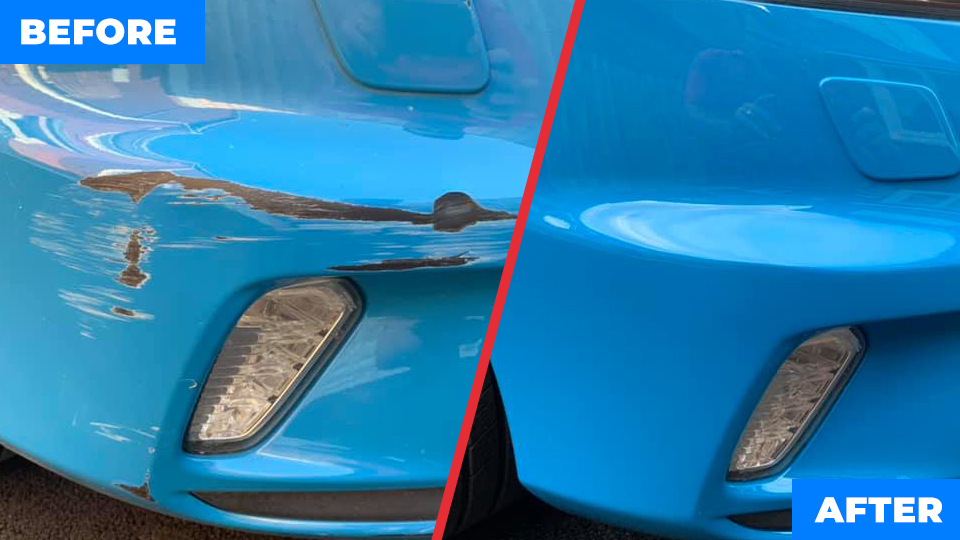What Families Should Know About Funeral Insurance and Cover

Planning ahead for a funeral is an important step that many families consider to ease the burden during a difficult time. One aspect of this planning is understanding funeral insurance and cover, which can help manage the often unexpected costs of a funeral.
For families wanting to pre plan funeral arrangements, knowing about funeral insurance is especially valuable. It allows you to make informed decisions to protect your loved ones financially while ensuring the funeral reflects your wishes.
What Is Funeral Insurance?
Funeral insurance is a specific type of insurance designed to cover the costs related to a funeral. It is sometimes called burial insurance or funeral cover. Unlike regular life insurance, which covers a wide range of financial needs, funeral insurance focuses solely on funeral expenses.
When the person insured passes away, the insurance pays out a lump sum to help pay for funeral costs. This payout can be used by family members or whoever is nominated as the beneficiary. The main goal is to reduce the financial pressure on families at a very emotional time.
How Does Funeral Insurance Work?
Funeral insurance works by the policyholder paying regular premiums, usually weekly, monthly, or annually, to an insurance provider. These payments help build up a fund that will be available when the insured person dies.
When a claim is made after death, the insurance company pays out the agreed amount, which is then used to cover funeral expenses. It is important to note that many policies have waiting periods. This means the policy must be active for a certain amount of time before the payout is available, usually between six months and two years. This prevents people from taking out policies only when they are very ill.
What Does Funeral Insurance Cover?
Funeral insurance generally covers the essential costs involved in a funeral. This can include:
- Funeral director fees
- Coffin or casket
- Burial or cremation costs
- Transport of the deceased
- Venue hire for the funeral service
- Death certificates and legal paperwork
Some policies may also cover extras like flowers, obituary notices, or catering for a wake, but these are less common and often require additional premiums. Families should carefully read the terms of any policy to understand what is included.
The Benefits of Funeral Insurance
There are several benefits to having funeral insurance:
Financial Security
Funeral insurance provides financial security by ensuring funds are available to cover funeral costs. This can prevent families from facing large, unexpected bills during an already stressful time.
Ease of Planning
With funeral insurance, families can pre plan funeral arrangements knowing that money will be available to carry out the wishes of the deceased. This helps make the funeral more personal without adding financial pressure.
Peace of Mind
Having funeral insurance offers peace of mind for both the insured person and their family. Knowing that arrangements are covered financially helps ease worries about the future.
Limitations and Things to Consider
While funeral insurance has clear benefits, there are some limitations to be aware of:
- The payout amount may not cover all funeral costs, especially if the family wants a larger or more elaborate service.
- Waiting periods can delay when the payout is available, which might be a concern if the insured person passes away shortly after taking out the policy.
- Policies may include exclusions or specific conditions that affect eligibility for payment.
- Premiums must be paid regularly; otherwise, the policy may lapse and no payout will be made.
It is essential to compare policies carefully and ask questions to ensure you understand what you are purchasing.
How Funeral Insurance Works With Pre Planning a Funeral
Pre plan funeral arrangements include choosing the type of service, the location, music, and other personal touches. Combining funeral insurance with pre planning can make the entire process smoother and less stressful.
When families pre plan a funeral and have funeral insurance, they know that funds are set aside and that the funeral will be conducted according to the wishes of the deceased. This combination removes much of the uncertainty and financial pressure on family members after the death.
Additionally, pre planning can sometimes reduce costs, as arrangements are made without the pressure of immediate decisions. Funeral insurance then ensures those arrangements can be paid for without delay.
Tips for Choosing Funeral Insurance
If you are considering funeral insurance, keep these tips in mind:
- Research Thoroughly: Look at different providers and policies to find one that fits your needs and budget.
- Understand the Policy: Read the fine print carefully to know about waiting periods, exclusions, and what expenses are covered.
- Keep Up With Payments: Ensure premiums are paid on time to keep the policy active.
- Communicate With Family: Talk to your family about your insurance and pre plan funeral wishes to avoid confusion later.
- Combine With Pre Planning: Consider arranging funeral plans ahead of time to match your insurance cover and make the process easier for your family.
Funeral insurance and cover are valuable tools that help families manage the costs of funerals and relieve financial stress at a challenging time. By understanding how funeral insurance works and what it covers, families can make smart choices to protect themselves and their loved ones.
Taking the time to learn about funeral insurance and making informed decisions is one of the most thoughtful ways to care for your family’s future.



























































































































































































































































































































































































































































































































































































































































































































































































































































































































































































































































































































































































































































































































































































































































































































































































































































































































































































































































































































































































































































































































































































